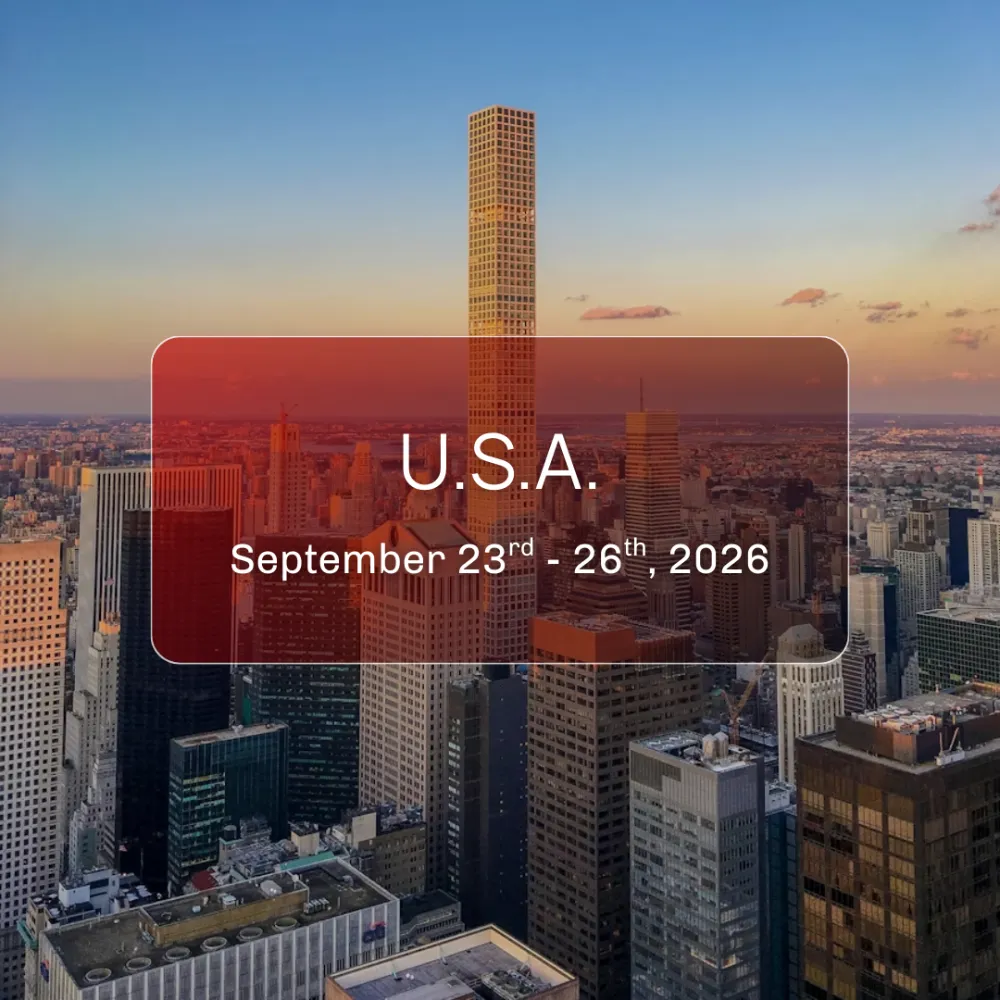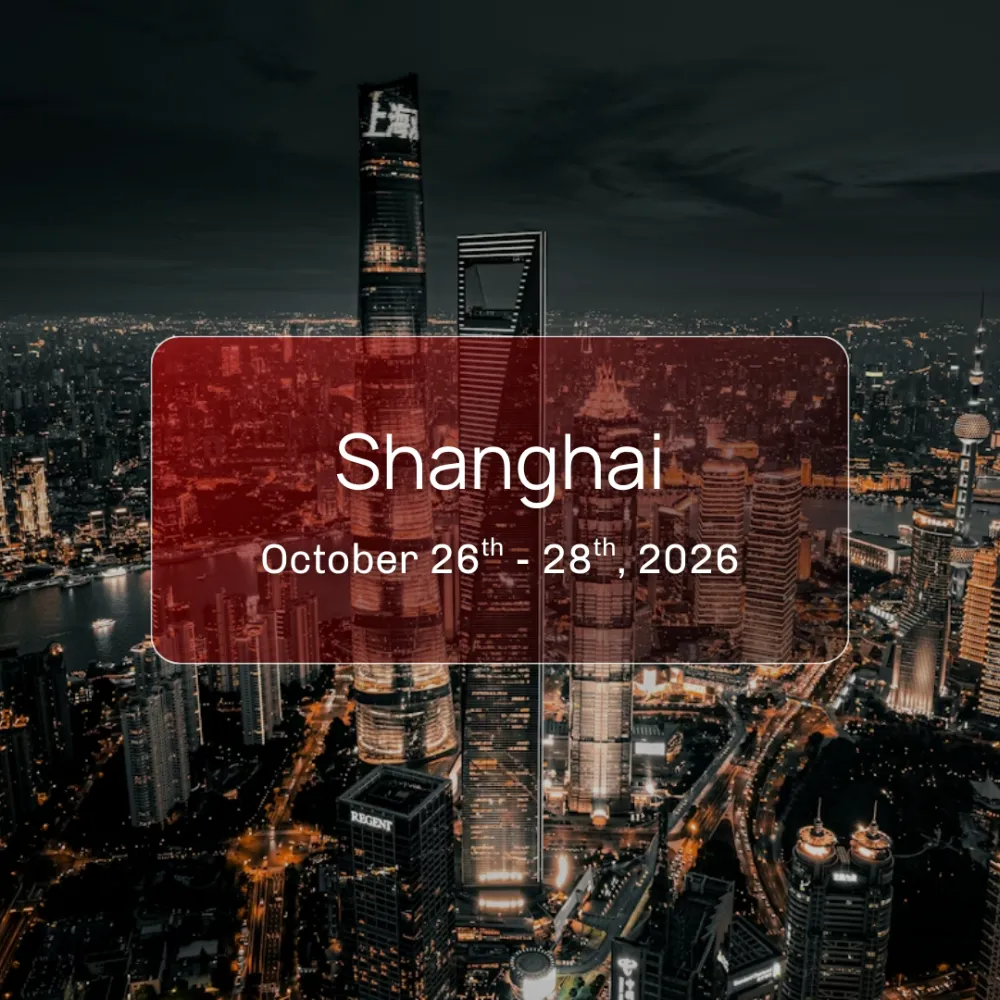Chinese regulators, including China Securities Regulatory Commission Vice Chairman Fang Xinghai, met with global investors on Friday, in an effort to enhance market confidence amidst signs of economic stagnation in the country. This move follows recent expressions of strong support for private tech enterprises by President Xi Jinping’s administration.
The meeting saw attendance from some prominent global venture capital and private equity firms, including founding partner of HongShan (formerly Sequoia Capital China) Neil Shen, and representatives from GIC Pte., Warburg Pincus, and Temasek Holdings Ltd. Fang was accompanied by officials from the securities watchdog and the Asset Management Association of China.
The gathering is regarded as rare, reflecting the government’s need to re-engage with global investors after recent scepticism over Beijing’s long-term crackdown on the private sector, weakening economy, and escalating tensions with the U.S. Investors are calling for more tangible measures and robust stimulus to jumpstart growth, questioning the government’s intentions and actions.
In Friday’s meeting, discussions were centred around steps to ensure continued global investment in China. Regulators were urged to expedite procedures for overseas IPO registrations, accelerate listings in mainland China, and relax rules governing mergers and acquisitions.
U.S.-China tensions have caused private equity and venture capital firms to struggle in attracting institutional money from U.S. endowments and pensions. This week, a U.S. congressional committee began investigating four venture capital firms for their investments in Chinese technology companies, fueling existing concerns. Recommendations from the U.S. Department of State for Americans to reconsider travelling to mainland China have further affected the business community.
Additionally, regulatory crackdowns in China have also led to investor apprehension. Though the Communist Party and the government recently issued a joint statement detailing 31 measures to improve conditions for businesses, foreign companies remain wary, with the European Union Chamber of Commerce in China seeking more concrete action.
In a positive move, the government showed support for private equity and venture capital earlier this month, with Premier Li Qiang approving final rules on the 20 trillion yuan ($2.8 trillion) private fund market. The new rule eases some requirements, benefiting the private equity’s secondary market.Despite such efforts, China’s slowing economic recovery continues to affect global markets. Instead of broad stimulus, Beijing has opted for targeted measures like lower interest rates and easier credit access. The policy environment’s transparency and predictability remain unclear, as President Xi emphasises economic development even while focusing on national security.








